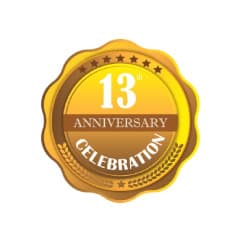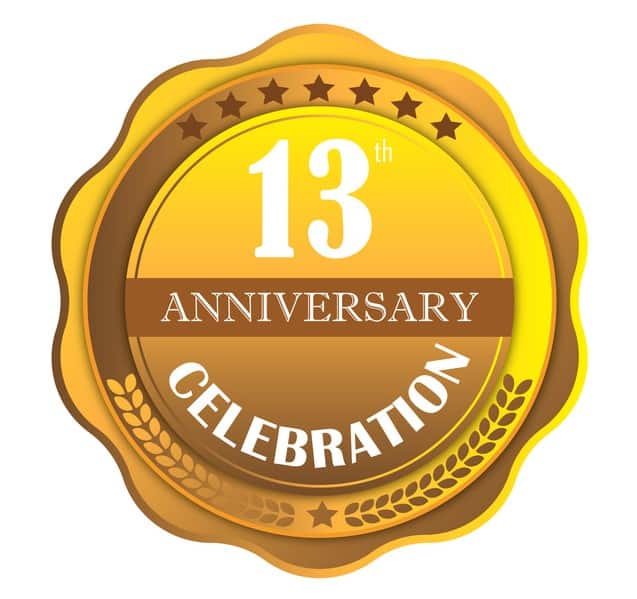What I have learned doing death clean-up
There are not as many things as I would’ve thought, that have changed or informed my ways of thinking about death. The things I have learned though, are pretty important. My husband and I run a bio-hazard remediation company in the Minneapolis/ St. Paul metro. We both run the day to day, and we both work on scene. I find folks are generally surprised that I work on scene. I’m not sure why, I’ve always assumed it’s because I’m female – I could be wrong.
Death clean-up comes in many forms: natural death, untimely death, delayed discovery, family in the next or same room, after an illness or self-inflicted, amongst others I’m sure I’m missing. We enter when the death resulted in a clean-up – from relatively small to seemingly insurmountable that absolutely no family member, loved one, or friend should ever have to see or clean-up, ever. 100% the reason we exist. It’s traumatizing, it requires a certain skill set, equipment, not to mention: training, insurance, medical waste transport, etc.
It’s meticulous and investigative work. Much like the other work I’ve done in my life, a job that you get better and better at with experience. I’ve been an Esthetician, I’ve tried stand-up comedy, I was a server. I can say with the utmost confidence that I was much better at all of those things with practice. With death clean-up the stakes are high. If you don’t do your job correctly, you could put yourself or others at risk of blood exposure, further traumatization, injury, and a slew of other issues depending on the scene.
Although I can say I’ve never seen the same thing twice, here are some things I feel are important to address when and if possible:
- Keep your important paperwork in a safe or safe place. Don’t make your family dig in the home you died in, to find what they need to get your affairs in order. The best-case scenario is that they ask us to find it, and we have no idea if it’ll be there or where it’ll be.
- Have a will. I’ve seen otherwise agreeable families strained by the weight of decision making on a loved one’s behalf.
- Whenever possible, have funds set aside for the type of end of life celebration you want. Similarly, if you don’t believe it’s necessary, make that known as well. (See above)
- I wish there was a less cliché way to say it: Don’t leave any loose ends. You’ll know what that means to you.
- Please don’t take death into your own hands. 1-800-273-8255. https://suicidepreventionlifeline.org/ https://afsp.org/ https://www.sprc.org/
- Have current homeowners’ insurance. This applies to so much of the unforeseen as it relates to your home.
Finally, if these words are arriving to the loved one of someone who has passed, here are some important sites: www.nami.org https://www.apa.org/helpcenter/grief.aspx



